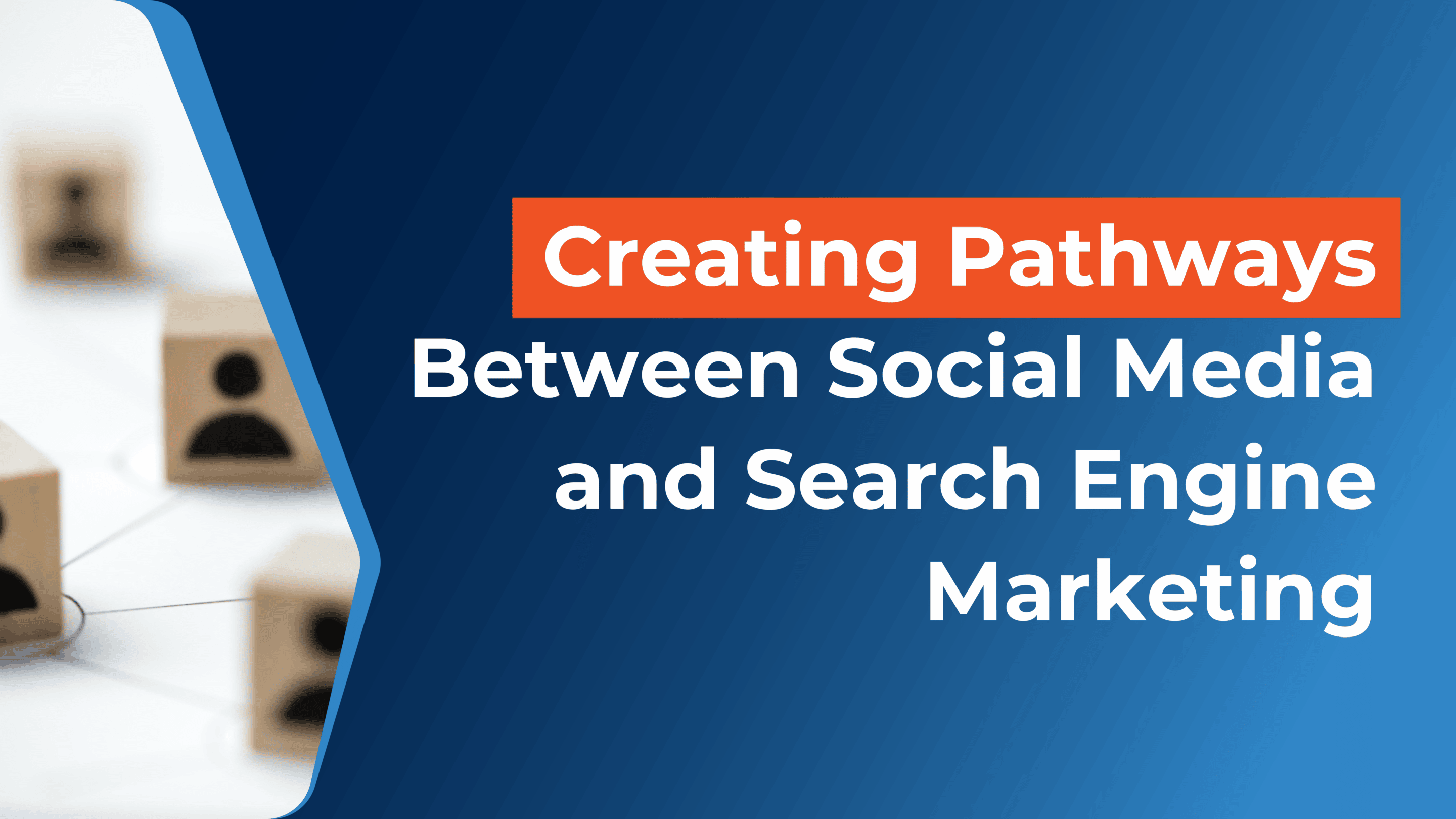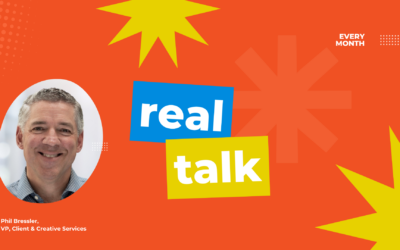Putting yourself in the mindset of your target audience is something that business owners and marketers can struggle with. It would definitely be easier if target audiences responded to our brands, products and services the way we want them to, or assume they would. But that’s often not the case. Addressing this ambiguous headspace is more relevant than ever when looking at the evolving differences between social media and search engine marketing.
For years, mainstream businesses assumed that search engine marketing was the most important and effective form of digital marketing. They presumed social media marketing, while essential, merely connected you with your audience rather than directly advertised to your audience.
At one time, these premises were true. But as platforms evolved and users engage with search engines and social media differently, marketers also have to change how we think and how we utilize these platforms to advertise our products and services.
The core difference between search engines and social media is how users find and engage with content. On search engines, audiences must go looking for content by using search phrases directly related to the information they are hoping to find. Social media, on the other hand, shows audiences relevant content that they did not intentionally seek out. This core difference, however, seems to be slowly changing.
More and more, audiences are using social media platforms to search for content like they would on search engines. Why is this?
- Our culture has grown trust in our peers’ opinions, experiences and tastes and actively seek out the opinions of others
- Social media platforms have built better tools that aid users in both spreading trust and relying on trust built.
Instead of searching for “men’s medium-length hairstyles” in Google, many will instead search Pinterest, knowing they can trust the audience-curated content to show fashionable, or at least acceptable, styles.
Instead of going to Google or Bing for the latest updates on a current event, many will go to Twitter and scroll content filtered by topical hashtags, trusting that others have already sorted through search engine results for the most reliable content.
Although both search engines and social media operate based on algorithms that should identify and serve up the most relevant content to each user, the assumption by users is that social media may be more genuine, curated, factual and trustworthy than seemingly more generic search engine results.
Your next question might be whether search engines remain important in digital marketing or not, and the answer is yes. Just because the way users engage with search engines and social media has changed, their importance hasn’t diminished, rather their relationship has evolved.
It’s important to remember that both search engines and social media platforms are, at their cores, still engaging users by filtering and displaying internet-based content. Both search engines and social media take users’ searches and interests, locate relevant data, display it, and then filter it per the specific relevance it has to the original request. In a nutshell, search engines and social media perform an almost identical function. They just have two different approaches in terms of execution.
Today’s consumers desire guidance and word-of-mouth advertising, which they believe provides them with the resources they need in the most beneficial and trustworthy ways. The best strategy to achieve this level of marketing is what we like to call, “creating pathways.” Social media and search engine content should act as pathways to and from each other. The content itself exists on the internet regardless, but it’s up to us marketers and advertisers to frame and present it to our target audiences in ways they are more likely to engage with and trust.
Here are our Top 4 Methods we suggest using to get started creating pathways between your search engine and social media marketing.
- Use specific keywords in your social media bios, descriptions and account summaries. This will help Google better capture your keywords and index your social accounts correctly.
- Use hashtags in every post. Hashtags help people that are interested in what you are posting find you. Keep an eye out for an upcoming Rhycom blog detailing how to identify and use hashtags.
- Give people the option to share your website copy and images, like blog posts, by adding social media “share” buttons for relatable platforms like Facebook, Twitter, Pinterest, and more.
- Engage with influencers in your market and niche. Building a social media following can be difficult, and building your page’s influence can be even harder. Finding and building connections with social media influencers relevant to your brand is a great way to build trust and become more searchable on social media.
Your digital marketing efforts must follow a unified strategy across target audience touchpoints. Search engine and social media marketing shouldn’t be seen as separate entities. Rather, they should act as mutually-dependent methods for displaying, organizing and presenting your content online.
As culture changes and evolves, so does culture’s use of internet platforms. This doesn’t mean hopping from trend to trend, but being available at every opportunity to target your audience in the way they best engage with content like yours. People seldom disengage just because they no longer need or want what you’re offering. Instead, how they engage with it will change, and so we must change too.
Keeping up with Rhycom’s Business Today is a great way to stay up to date on the ever-evolving world of online marketing.





